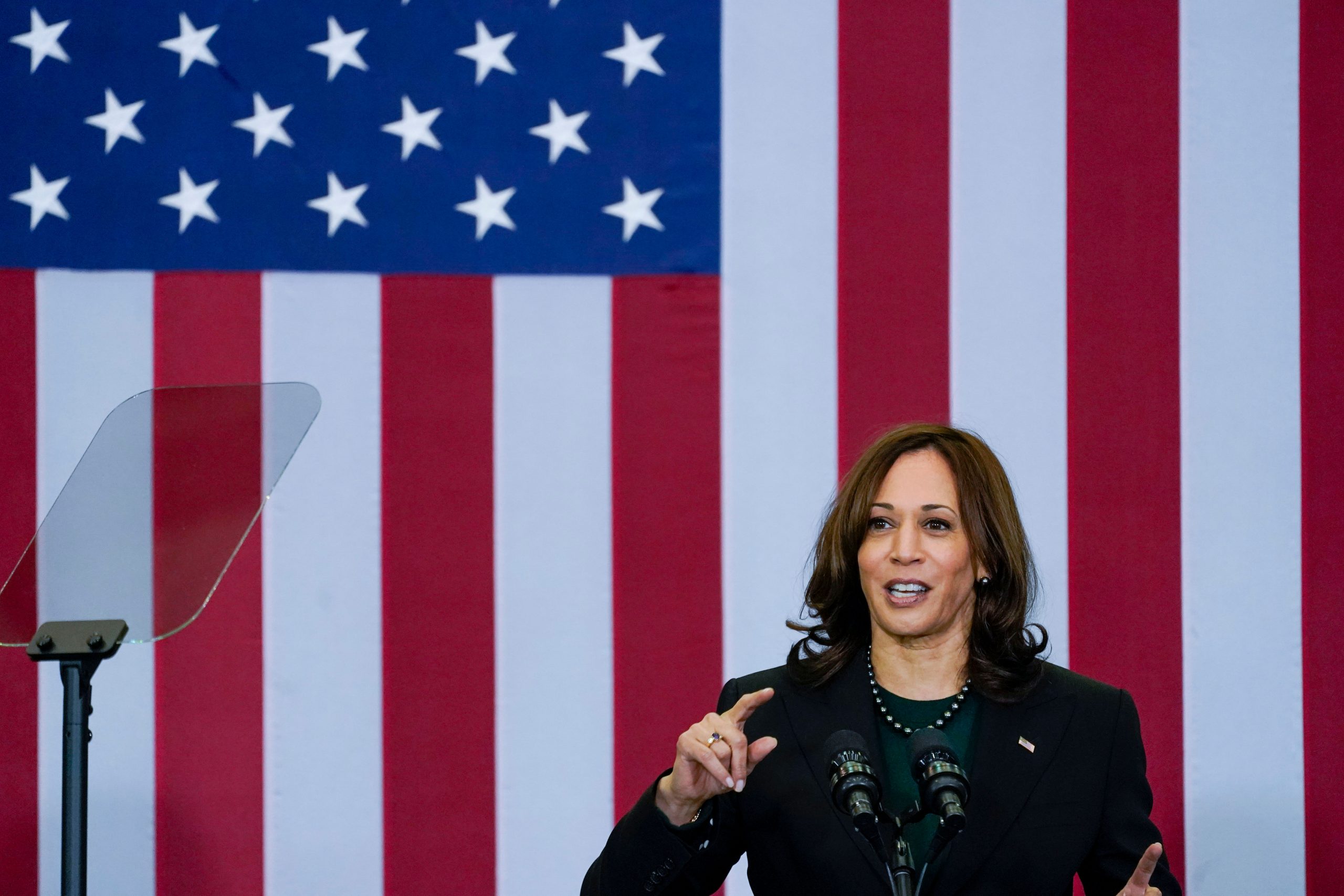United States Vice President Kamala Harris and the White House’s top pandemic advisor Dr Anthony Fauci seemed to be in disagreement about COVID variants. The two members of the Biden administration made contrasting statements on the government’s preparedness.
Kamala Harris said that the White House did not anticipate the emergence of the Omicron and Delta variants of COVID-19, while Fauci said they “definitely saw variants coming”, according to reports from Newsweek.
Also Read: Kamala Harris lost fawning media because of ineptitude: Kayleigh McEnany
While speaking to Los Angeles Times, Harris said in a statement, “We didn’t see Delta coming. I think most scientists did not—upon whose advice and direction we have relied—didn’t see Delta coming.”
She later made similar statements about the Omicron variant, saying it “that’s the nature of what this, this awful virus has been, which as it turns out, has mutations and variants.”
Fauci, who is also the Director of the National Institute of Allergy and Infectious Diseases, was asked at a CNN show if the government anticipated the spread of COVID variants.
He replied, “We definitely saw variants coming. I think we referred to what was not anticipated was the extent of the mutations and the amino acid substitutions in Omicron, which is really unprecedented”, according to reports from Newsweek.
“That’s something you would not have anticipated, but we certainly were anticipating that there were going to be variants”, the top White House COVID advisor added.
Also Read: Au Revoir: US Vice President Kamala Harris mocked for ‘French accent’ at Parisian lab
The administration is expecting a series of breakthrough infections with the surge of holiday travelers. Fauci, in a statement on Sunday, said most people who have been vaccinated and gotten a booster should be fine if they take precautions such as wearing masks in crowded settings including airports.
The surge in COVID infections has been reflecting in the COVID data. According to a tracker maintained by Johns Hopkins University, a 40% surge in new infections has been noted, when compared to November’s data.
(With AP inputs)






